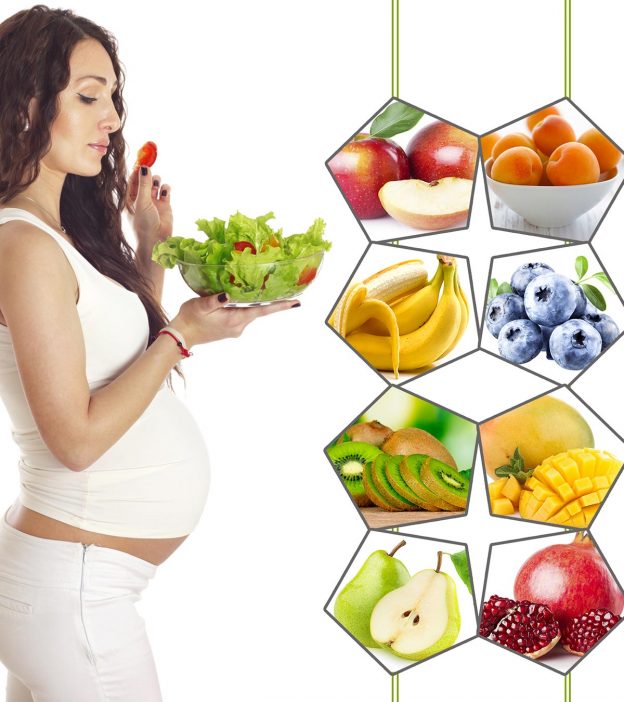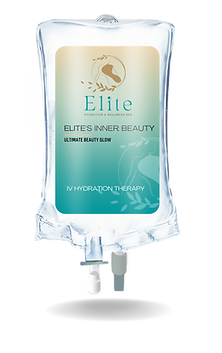During pregnancy, you have to consume a wide variety of foods. You want to eat a variety of nutrients, such as protein, calcium, and folate. These are important for a baby’s development and overall health. Take vidalista or vidalista 20 to treat physical problems in men.
Yogurt
During pregnancy, you are required to consume a lot more calcium and protein. Yogurt is a great source of these nutrients. It is also an excellent source of probiotics. These helpful microorganisms can help to improve digestion.
Pregnant women should also make sure they consume food’s rich in antioxidants. These antioxidants can help to protect the fetus from toxins. You should also consume foods rich in omega-3 fatty acids, which are essential building blocks for the baby’s eyes and brain.
The health benefits of yogurt include its ability to improve digestion and lower cholesterol levels. It also has a lot of calcium, which is crucial for the development of the fetus’ bones.
Yogurt is also a good source of iron and vitamin A. Pregnant women should eat food’s rich in iron to provide enough oxygen for their growing baby. It can also help to prevent heartburn and stomach upsets.
Yogurt also contains probiotic bacteria, which are beneficial for the digestive system. These bacteria can help to improve digestion and lower cholesterol levels.
Some flavored yogurts contain a lot of sugar. However, the good news is that natural-flavored yogurts are lower in sugar and contain less fat.
There are also a lot of other benefits of yogurt. The probiotics can help to improve digestion and prevent stomach upsets. It also helps to fight infections. This explains why yogurt is a good food’s for a pregnant woman.
Fruits
During pregnancy, fruits are not only a source of fiber but also provide essential vitamins and minerals to your growing baby. Fruits also help relieve common pregnancy symptoms, like morning sickness.
In addition to being rich in vitamins, fruits are an important source of potassium, which can help prevent heart disease and leg cramps. Fruits also provide folate and choline, which are important for the development of the baby’s brain and spinal cord. During pregnancy, it’s especially important to make sure your body receives enough of these essential nutrients.
Fruits and vegetables are also great sources of fiber. Fiber helps your body digest food’s properly, and it can also help to alleviate constipation. It’s important to read the label carefully, as some fruits may contain added sugar or pesticides.
When preparing your fruit for consumption, you should thoroughly rinse the fruit in order to remove the soil and any bacteria. You should also keep your fruit away from raw meat. Keeping fruits and vegetables in the refrigerator helps to keep them fresh.
Fruits are also a good source of water, which is important for pregnant women. The right amount of water is crucial to the development of the amniotic sac, which is essential for the growth of the baby.
Edamame
During pregnancy, it is important to eat foods that contain enough nutrients. These nutrients will be used by the fetus to grow and develop. It is also important to avoid foods that are high in calories. Edamame is a healthy protein-rich food’s for a pregnant woman.
Edamame is an excellent source of fiber. It also contains calcium, which is important for strong bones and nerves. Edamame is also a good source of iron. Iron is important for a pregnant woman because it helps the body prevent anemia.
Edamame is also a great source of folate. Folate is a B vitamin that helps reduce the risk of birth defects in the fetus. It also helps reduce the risk of preterm labor.
Edamame also contains protein, which helps the fetus grow. It is also a good source of omega-3 fatty acids. The omega-3 fatty acids help reduce the risk of heart disease and cardiovascular disease.
Edamame is a good source of antioxidants, which are important for cell protection. It also contains vitamin A, which is important for cell regeneration. It also contains vitamin K, which is important for blood clotting.
Edamame also contains phytoestrogens, which can cause abnormal bleeding in the uterus. This can lead to a miscarriage. It is recommended that pregnant women consume only organic soy products to avoid these problems.
Edamame is a versatile food’s that can be eaten raw or steamed. It is also a great addition to salads and soups.
Milk
During pregnancy, a pregnant woman needs extra protein and calcium to support the growth and development of her unborn child. Milk is an excellent source of these nutrients.
Calcium is essential for healthy bone development. Dairy products also provide a variety of B vitamins, which are important for pregnant women’s health.
Milk contains two types of high-quality proteins. These proteins are complete, meaning they contain all of the essential amino acids needed for proper cell formation. During pregnancy, a pregnant woman needs a total of 1.1 grams of protein per kilogram of her weight. A protein deficiency can cause a number of negative effects, including low birth weight.
Milk is also an excellent source of magnesium, phosphorus, potassium, and zinc. These are important minerals for pregnant women, as well as a variety of other essential nutrients.
During pregnancy, a pregnant woman should drink at least two to three glasses of milk a day. Depending on the type of milk, these glasses will vary in calorie content. However, it is important to pick a type of milk that is low-fat, so it will not cause excess weight gain.
When drinking milk during pregnancy, it is important to avoid raw milk, which can be contaminated with harmful bacteria. Raw milk may also cause digestive problems. Drinking milk on an empty stomach is not recommended. It takes longer to digest cold milk, which can irritate the digestive system and lead to indigestion.
Folic acid
Throughout pregnancy, folic acid is a key part of supporting the health of the mother and the growing baby. Folic acid is used by the body to make new cells, extra blood, and DNA. In addition, folic acid helps lower the risk of certain types of cancer, heart disease, and stroke. It is important for pregnant women to take folic acid daily.
Folic acid is a B vitamin that is important in the development of the brain and spinal cord of a developing baby. It helps a developing baby make healthy cells and prevents neural tube defects (NTDs), a group of birth defects that affect the brain and spinal cord of a developing fetus.
Folic acid is a natural part of some food’s. For instance, you can find folic acid in leafy green vegetables, citrus juices, nuts and seeds, and dried beans. However, you can also take a supplement or buy a prenatal vitamin to make sure that you get enough.
Folic acid is important throughout pregnancy, especially in the first few months of pregnancy. The CDC recommends that all women of childbearing age take folic acid daily. Some women will need a higher dose of folic acid, particularly if they are obese, have a family history of NTD, or have inflammatory bowel disease.
The CDC recommends that women of childbearing age get at least 400 micrograms of folic acid daily. You can take a supplement or eat food’s that are naturally rich in folate. If you are pregnant or planning to become pregnant, you should speak to your doctor about your folic acid needs.
Fish and shellfish
Including fish and shellfish in a pregnant woman’s diet is a great way to enhance her health. The food is rich in vitamins and minerals and is believed to decrease the risk of pregnancy complications. It also is said to be a good source of protein. However, it is important to make sure that you are eating the right types of seafood.
EPA and FDA guidelines recommend that pregnant women eat seafood that is low in mercury. They also recommend eating a variety of seafood, including albacore tuna and white tuna. These are both high in protein and contain key nutrients that support fetal brain development.
Aside from protein, these fish provide important omega-3 fatty acids, which are critical for fetal development. The FDA also recommends that pregnant women eat at least two servings of low-mercury fish per week.
The key to eating fish during pregnancy is cooking it properly. It is important to cook it to a temperature of 145 F. This will kill any harmful bacteria. You should also use a meat thermometer to make sure that your fish is cooked through.
Another good thing about fish is that it is a good source of vitamin B12. The omega-3 fatty acids in fish help the body absorb calcium and support the immune system. The World Health Organization warns that methylmercury found in certain types of fish can harm the fetus.
Visit Here: medzsite.com



